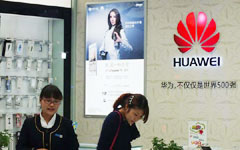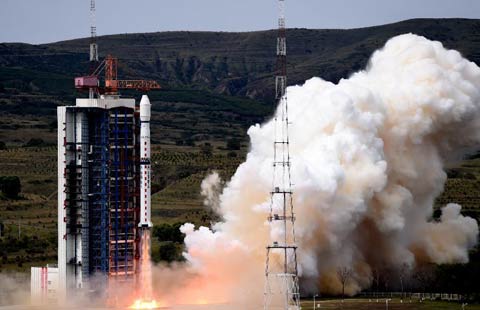Building virtual bridges in South African markets
By Xing Zhigang and Li Jiabao (China Daily) Updated: 2014-05-06 11:28"We are already an international company, but the locals still consider us as an Eastern company, which is a big challenge. African people still have a lingering distrust of Eastern companies, mainly caused by the poor quality of products in the past. They transfer the image to technology, though most of our products are more advanced than our rivals," Liu said.
Qi said it is hard to further expand market share in the carrier network area, and competition in the consumer business is fierce.
|
 |
|
 |
"Huawei has been focusing more on the enterprise business market, which will help increase revenue and transform the company," she said.
Liu said the government, financial, mining and transport sectors will be the mainstay for the enterprise business in South Africa.
Huawei signed a contract worth 485 million rand ($52 million) in April last year to supply a digital radio communications system for passenger trains and associated infrastructure of the Passenger Rail Agency of South Africa. It will be the first time that sub-Saharan Africa deploys the Global System for Mobile communication on railway networks, which span a total of 1,200 kilometers across South Africa.
The Chinese company is also introducing virtual teller machines that will help banks expand their operations in remote areas where bank branches don't exist.
"The virtual teller machines can do 80 percent of bank employees' work and even help with card applications. Machine services can save a lot of costs as rental charges are high and the rand is depreciating," Liu said. "The solutions can be used in South Africa as well as across the continent."
- Standard Chartered offshore RMB index rises slightly in July
- Shanghai-HK stock link to speed up capital market reforms: Barclays
- Relaxing restrictions on foreign investments
- Fujian on course to help create the new maritime Silk Road
- Foreign investors set sights on new targets
- UK looks to diversify in China
- Malaysia keen to expand trade ties
- HK still top choice for mainland firms
















